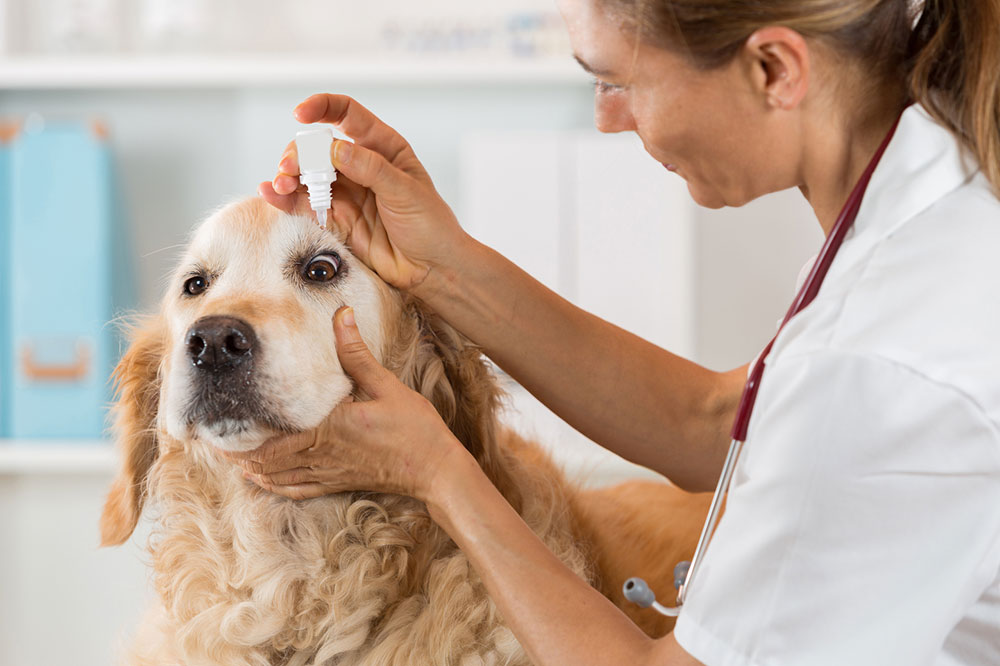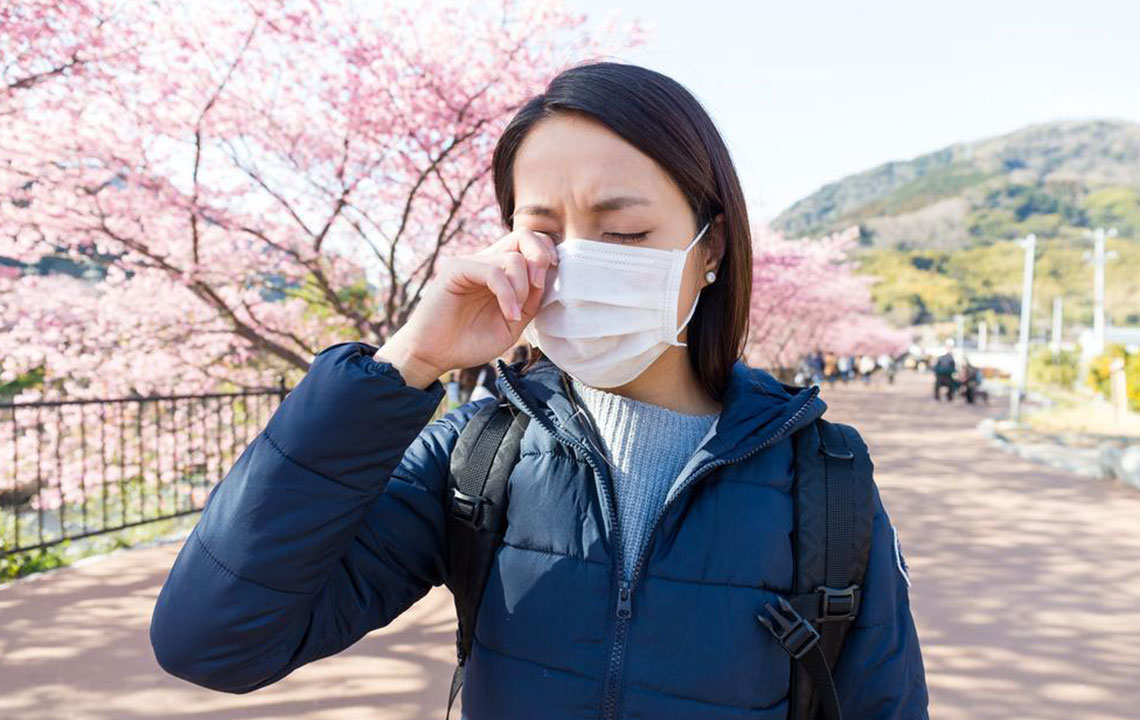Comprehensive Guide to Managing Allergies in Dogs
This comprehensive guide provides essential insights into canine allergies, including symptoms, types, and effective management techniques. Learn how to identify allergic reactions early and explore natural remedies and veterinary advice to keep your dog healthy and comfortable. From hypoallergenic grooming tips to home remedies like aloe vera, oatmeal, and apple cider vinegar, this article helps dog owners proactively address allergies and improve their pet's quality of life.
Sponsored

A Complete Guide to Dog Allergies
Understanding and Managing Allergies in Dogs
Allergies occur when a dog’s immune system overreacts to certain substances known as allergens. Common triggers include proteins from foods, plants, insect bites, or other animals. Symptoms often manifest through skin issues but can also involve respiratory or digestive problems. Just like humans, dogs are increasingly affected by allergies. Recognizing these signs early is crucial for proper treatment. This guide covers symptoms, allergy types, and effective management strategies for your furry friend.
Below you'll find detailed information on allergy symptoms, classifications, and tips for relief.
Signs of Allergies in Dogs
Key indicators of allergies in dogs include:
Itchy skin, either localized or widespread.
Respiratory issues such as coughing, wheezing, or sneezing.
Discharge from the nose or eyes.
Digestive disturbances like diarrhea or vomiting.
Categories of Dog Allergies
Allergies can be grouped based on their causes and reactions:
Allergen Type – Flea allergy, food allergy, environmental allergens.
Entry Point – Inhalant, ingestion, or contact allergies.
Reaction Timing – Immediate or delayed hypersensitivity reactions.
Immune Response Type – Types I to IV hypersensitivity.
Symptoms – Dermatitis, bronchitis, or other allergic reactions.
Genetic Predispositions – Seasonal allergies or genetic atopy.
Helpful Tips for Managing Dog Allergies
Wipe your dog after outdoor activities – Use pet-safe wipes to remove pollen, dander, and irritants, reducing allergic reactions.
Use hypoallergenic shampoos – Choose gentle, soothing shampoos with ingredients like oatmeal or aloe vera to calm skin and prevent itching.
Apply medicated sprays – Use veterinarian-approved antibacterial or antifungal sprays to treat skin infections.
Follow vet prescriptions – Always adhere to your veterinarian's guidance on medication schedules and dosages for optimal results.
Add supplements – Omega-3 fatty acids and biotin can improve coat health and reduce allergy symptoms like itching.
Natural Home Remedies for Dog Allergies
Natural approaches include:
Aloe Vera – Known for its anti-inflammatory and cooling effects, applying pure aloe vera gel can soothe hot spots and skin irritations. Ensure the gel is free from saponins to avoid laxative effects.
Oatmeal – Incorporating oatmeal shampoos or baths helps alleviate itching, removes allergens, and adds shine to your dog’s coat.
Apple Cider Vinegar (ACV) – Diluted ACV in water can be sprayed on paws and affected skin to combat fungal infections and soothe itching. It’s especially useful for ear or yeast infections.
Additional Remedies – Other options include coconut oil, thyme, or Epsom salts to assist in reducing allergy symptoms naturally.






